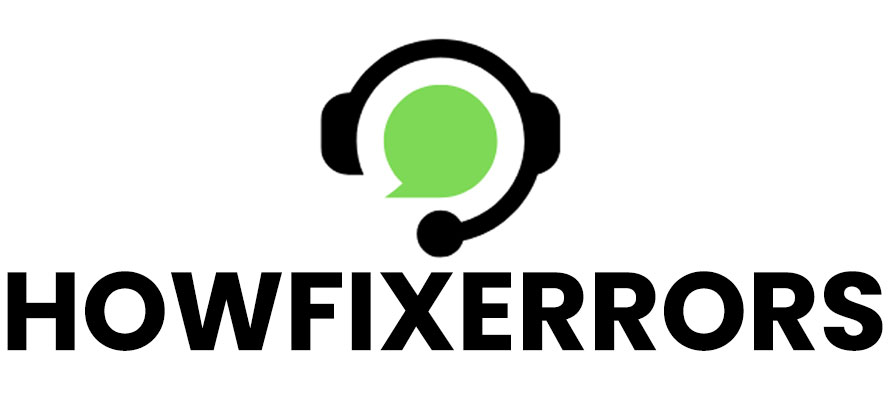You’ll hear the words bookkeeping and accounting used almost synonymously when you first start a small company. In your business, there is a distinction between Bookkeeping and Accounting in Small Business. Both accounting and bookkeeping tasks can be found in small companies, and they work well together.
The process of documenting your business transactions in your ledger accounts, the book or software program that includes all of your company’s financial transactions since its conception, is known as bookkeeping.
Accounting is the process of reviewing data in ledgers in order to gain insight into the company’s financial decisions.
Bookkeeping
Bookkeeping is the method of keeping track of all of a company’s financial statements on a regular basis. In a general ledger, bookkeepers keep track of the company’s revenues, expenditures, currency, and bank transfers.
When starting a company, one of the most important habits to establish is keeping track of transactions in your general ledger. The report and its accuracy are critical to the financial health of your business.
Posting is the process of keeping track of these transactions. A bookkeeper can also create invoices and process payroll. The intensity of the bookkeeping process is determined by the size of your company and the amount of regular, weekly, and financial transactions.
Also Read: Bookkeeping Service Provider in the USA
9 Main Accounts
All but the smallest companies should set up and monitor the following nine accounts to provide sufficient account statements to the business’s accountant for financial reporting and taxes:
- Cash: The Cash ledger is usually divided into two sections: Cash Receipts and Cash Payments, all of which are used to finish the Cash Budget.
- Accounts Receivable: The company has accounts receivable if it enables credit accounts. This data is used to create invoices and mail bills to your credit sales.
- Inventory: If you sell goods rather than services, you’ll need to keep track of your inventory.
- Accounts Payable: If you use credit to purchase goods for your company, such as office supplies, you will have Accounts Payable. This account, also known as trade credit, is what you owing to your vendors. Trade credit has a price tag attached to it.
- Loans Due: If you’ve taken out a loan to make a bigger purchase, you’ll need to keep track of your due dates and payments.
- Sales: Whether by credit or cash, you must be able to monitor your sales.
- Payroll Expenses: These are the costs associated with paying your workers.
- Purchases: This category covers finished products as well as raw materials. It is included in the Cash Budget as well as the Income Statement to calculate the firm’s Cost of Goods Sold.
- Owner’s Draw: This is the sum taken from the company by the small business owner.
Also Read: QuickBooks Consulting Services
Methods of Bookkeeping
Single-entry and double-entry bookkeeping are the two types of bookkeeping. The majority of companies use a double-entry bookkeeping scheme, in which each account entry includes a corresponding and contrary entry to a separate account.
For example, a $10 cash sale would necessitate two entries: a $10 debit entry to the “Cash” account and a $10 credit entry to the “Revenue” account.
Being a stickler for consistency and completeness is one of the most important qualities of a good bookkeeper. Since even the most meticulous bookkeeper can make mistakes, whether the business is very small, a bookkeeper often works under the supervision of an accountant.
According to some reports, hiring an outside accountant is the best option. If your company is tiny, Bookkeeping and Accounting in Small Business can be as simple as keeping track of your checkbook.
Accounting
The language of business has been dubbed accounting. It is the method of gathering, analyzing, and disseminating financial data. Accounting offers information to the business owner about the company’s wealth, finances, and the outcomes it produces through its use.
Accounting’s job is to keep track of the company’s financial transactions. Bookkeeping and Accounting in Small Business entail deciphering the numbers recorded by the bookkeeper in order to assess the financial position of the company.
It also requires the presentation of a company’s financial health, which includes the preparation of financial statements and metrics derived from them. Accounting also includes the preparation of tax returns and other necessary financial documents.
Also Read: Accounting Services in Illinois
Methods of Accounting
There are two common accounting systems. The first is based on the cash you have and the second is based on the cash you have got. The other choice is to use the accrual basis of accounting. If you have stock or the risk of being verified, you must use an accrual method of accounting in accordance with the Financial Accounting Standards Board’s Generally Accepted Accounting Principles (GAAP) (FASB).
Also Read: Best Bookkeeping Agency in USA
Accounting on a cash basis is much easier than accounting on an accrual basis. Revenue is recorded when it is received, and payments are recorded when they are generated, in cash-based accounting. This approach is mostly used by small service companies that do not have inventory.
The accrual basis of accounting measures when earnings are obtained rather than when they are collected. This can be thought of as money moving from one account to another. You pass value from your income statement to your inventory account when you buy a point of sale terminal.
The cash account receives credit, while the equipment account receives a debit. When it comes to deciding whether to credit or debit accounts, a map of accounts will help.
Accounting services can also be contracted out to a private company. The Bookkeeping and Accounting in Small Business duties are both outsourced in several small companies. Even if you consider outsourcing your bookkeeping and accounting in a small business, you’ll need to know how to read and interpret the reports you’ll get.
Read more Related Articles:-
Online Bookkeeping and Accounting
Sage Consulting Services
Small Business Accountant in Chicago


